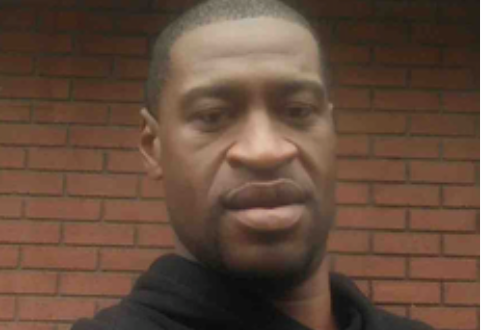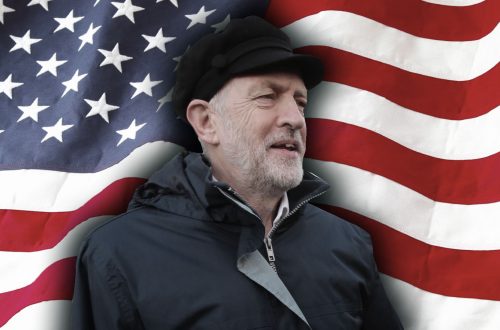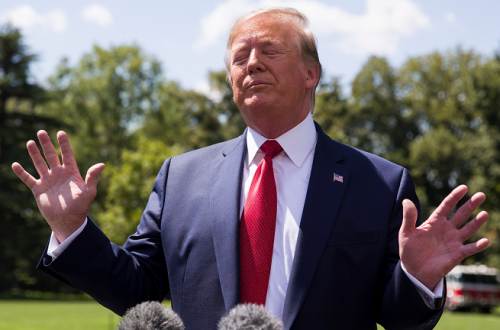A three-part series in The Washington Post about the mushrooming of America’s national security/intelligence apparatus since 9/11 has received a lot of deserved attention. The series is accompanied online by interactive graphs and charts.
Among the findings:
* Some 1,271 government organizations and 1,931 private companies work on programs related to counterterrorism, homeland security and intelligence in about 10,000 locations across the United States.
* An estimated 854,000 people, nearly 1.5 times as many people as live in Washington, D.C., hold top-secret security clearances.
* In Washington and the surrounding area, 33 building complexes for top-secret intelligence work are under construction or have been built since September 2001. Together they occupy the equivalent of almost three Pentagons or 22 U.S. Capitol buildings – about 17 million square feet of space.
* Many security and intelligence agencies do the same work, creating redundancy and waste. For example, 51 federal organizations and military commands, operating in 15 U.S. cities, track the flow of money to and from terrorist networks.
* Analysts who make sense of documents and conversations obtained by foreign and domestic spying share their judgment by publishing 50,000 intelligence reports each year – a volume so large that many are routinely ignored.
Given what some consider my key role is defending US imperialism, it may come as a surprise that I am not among the select 854,000.
What strikes me also struck Post columnist Steven Pearlstein:
The series is a powerful reminder that it’s not only bleeding-heart liberals who fall into the trap of trying to solve seemingly urgent problems by throwing too much money at them. It turns out that supposedly tough-minded conservatives are no less prone to runaway spending when their top priorities are involved. Sometime in the next week I expect some Republican who has railed against the scope and complexity of the Democrats’ domestic initiatives to stand up in the Senate and, with Goldwater-like conviction, declare that profligacy in defense of security is no vice.
While doubtless some of this expansion is necessary and useful to protect Americans, it’s obvious the members of Congress who authorized it, both Democrats and Republicans, didn’t give it much scrutiny. If a new program or new agency came labeled “urgent for national security/counter-terrorism,” it was approved without much fuss– in notable contrast to many domestic programs.
A few years ago, I suggested that proponents of universal health care for Americans make the case for it as a matter of national security. Had they done so, it would have put the burden on opponents to explain why they opposed something that would strengthen America’s ability to respond to terrorist and military threats– genuinely.


